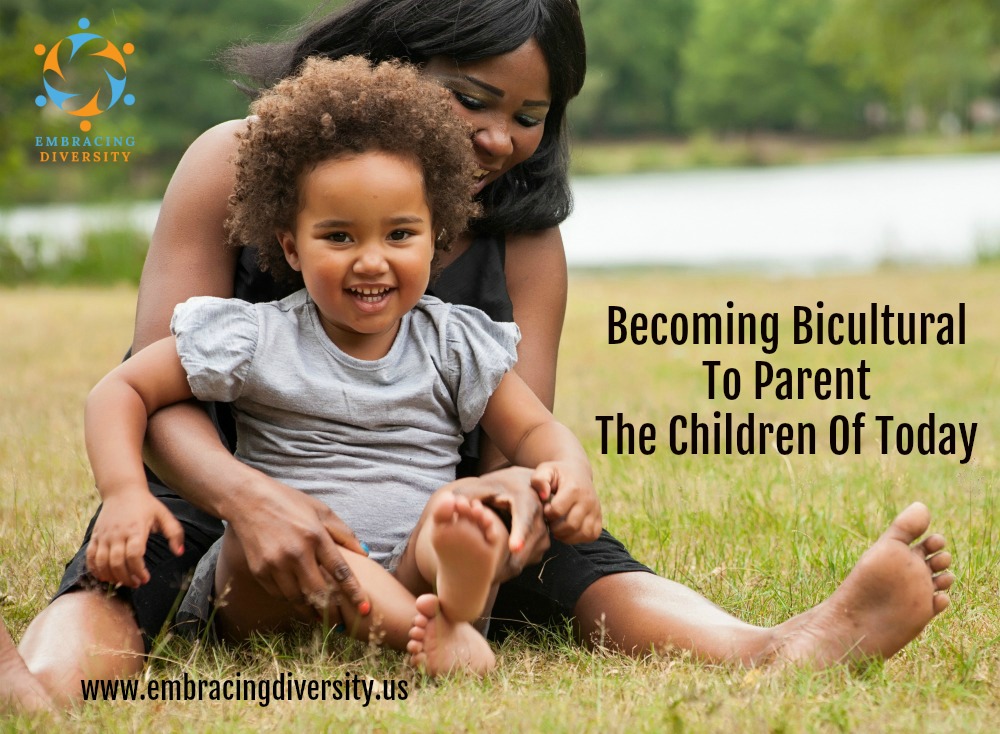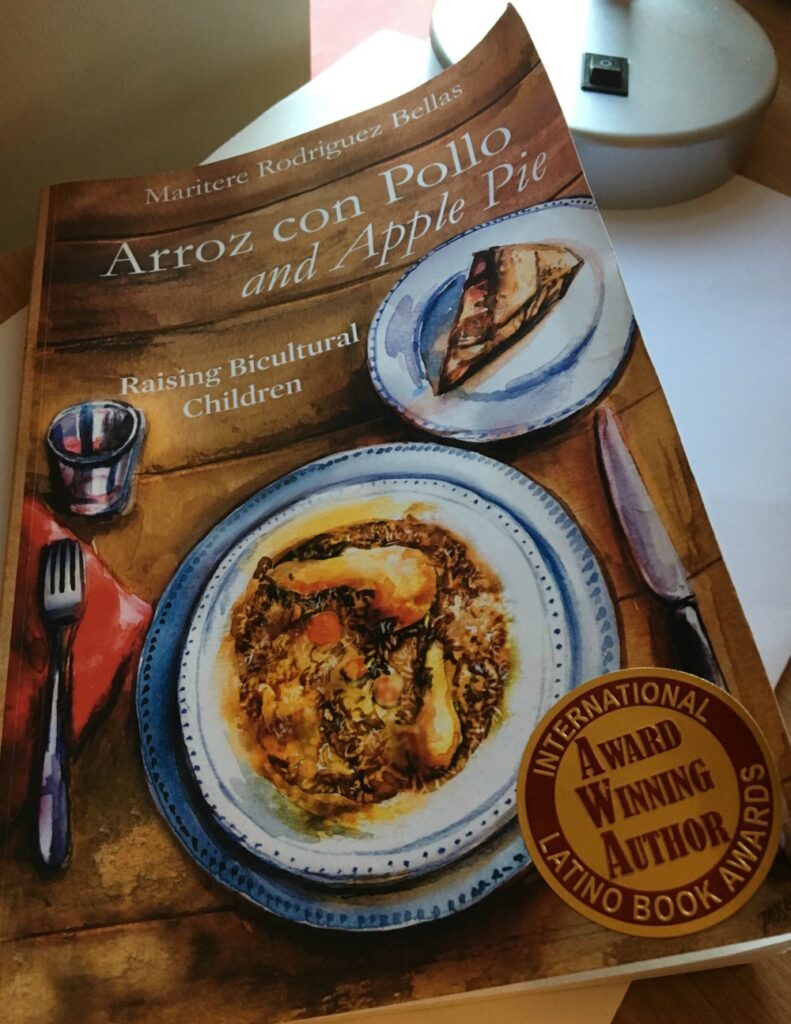Immigration is often a hot topic in the United States, and becoming bicultural is frequently equated with being an immigrant. However, we are witnessing a unique moment in history where our global society, regardless of origin, is evolving. Parenting in this context presents challenges that previous generations didn’t face, and preparing our children for today’s society requires us to adapt. Melbet https://pashagrand.com Sultanbet Giris

Just as parenting evolves, so do the needs of children. To raise bicultural children who possess not only cultural knowledge but also the emotional intelligence needed to thrive in a multicultural environment, we must immerse ourselves in the process of becoming bicultural.
In the U.S., becoming bicultural doesn’t always occur naturally. Immigrants are thrust into new environments, cultures, social cues, and values. Initially, there may be resistance as one clings to aspects of their identity. Although biculturalism can eventually develop, it comes with its own set of challenges.
Becoming Bicultural While Raising Bicultural Children
For those who are not only becoming bicultural themselves but also raising children in this society—whether those children were born in the U.S. or immigrated with their parents—there are numerous questions and uncertainties. This is why I appreciated reading Arroz con Pollo and Apple Pie, written by my friend Maritere Rodriguez Bellas. The book serves as a valuable guide to understanding the journey of becoming bicultural.

Maritere begins by describing the stages of immigrant adjustment, which many of us experience upon moving to the U.S. Having gone through this process myself, I can relate to the lengthy transition to acceptance and integration into American culture. Parenting introduces a new set of challenges tied to the culture in which we are raising our children—a culture that will inevitably shape their lives in ways that might surprise us.
A common question among parents navigating biculturalism is: Why can’t I raise my children the way my parents raised me? Maritere addresses this by offering insights from her own experiences and expertise, as well as stories from other parents who have successfully navigated this journey.
Another significant chapter in the book discusses the unique challenges faced by single parents who are becoming bicultural while instilling a strong sense of pride in their heritage. The fear of losing one’s children to a new, sometimes daunting culture is real. Arroz con Pollo and Apple Pie reassures parents that they are not alone and provides practical tips to support them along the way.
The final chapter highlights the benefits of biculturalism and the importance of parenting children in this way. It features personal stories from Latino immigrants who grew up bicultural and bilingual, illustrating that biculturalism is a valuable asset for both parents and their children.
Arroz con Pollo and Apple Pie is an excellent resource for immigrant parents and is available in both English and Spanish.
I’d love to hear your thoughts—what are your tips for raising bicultural children?
Leave a Reply